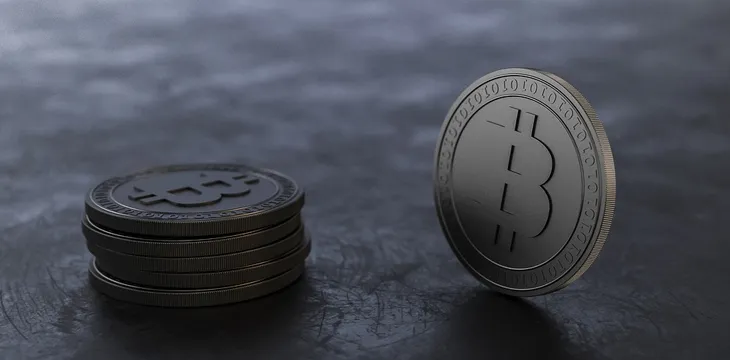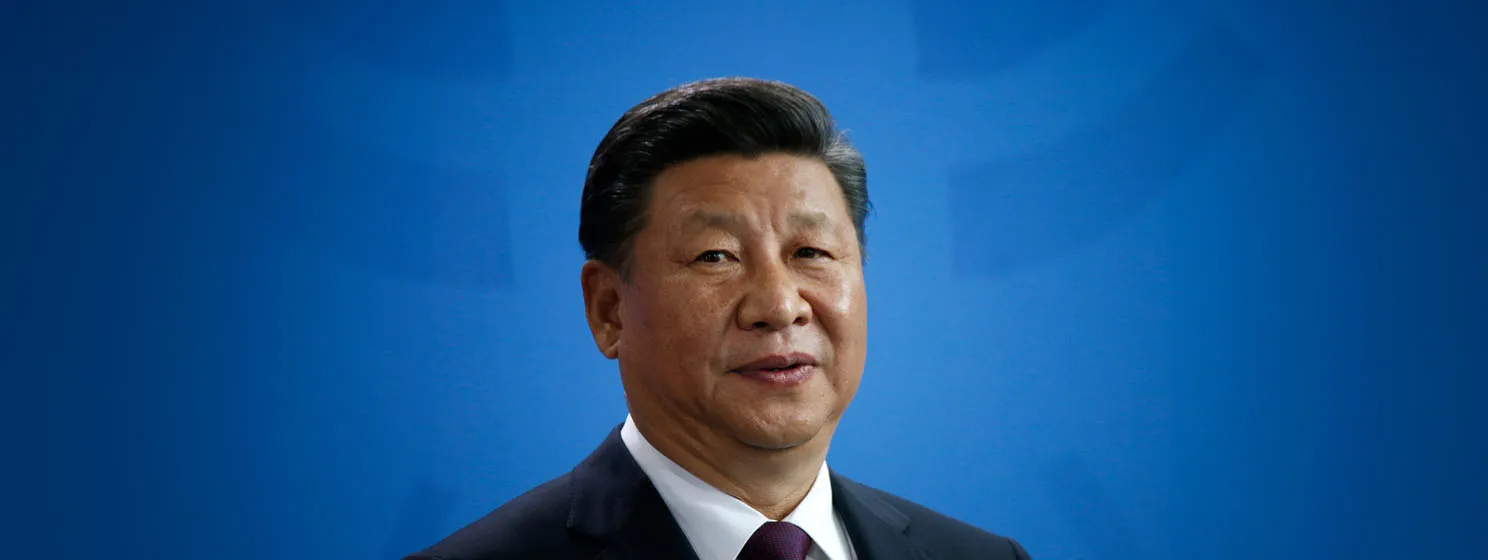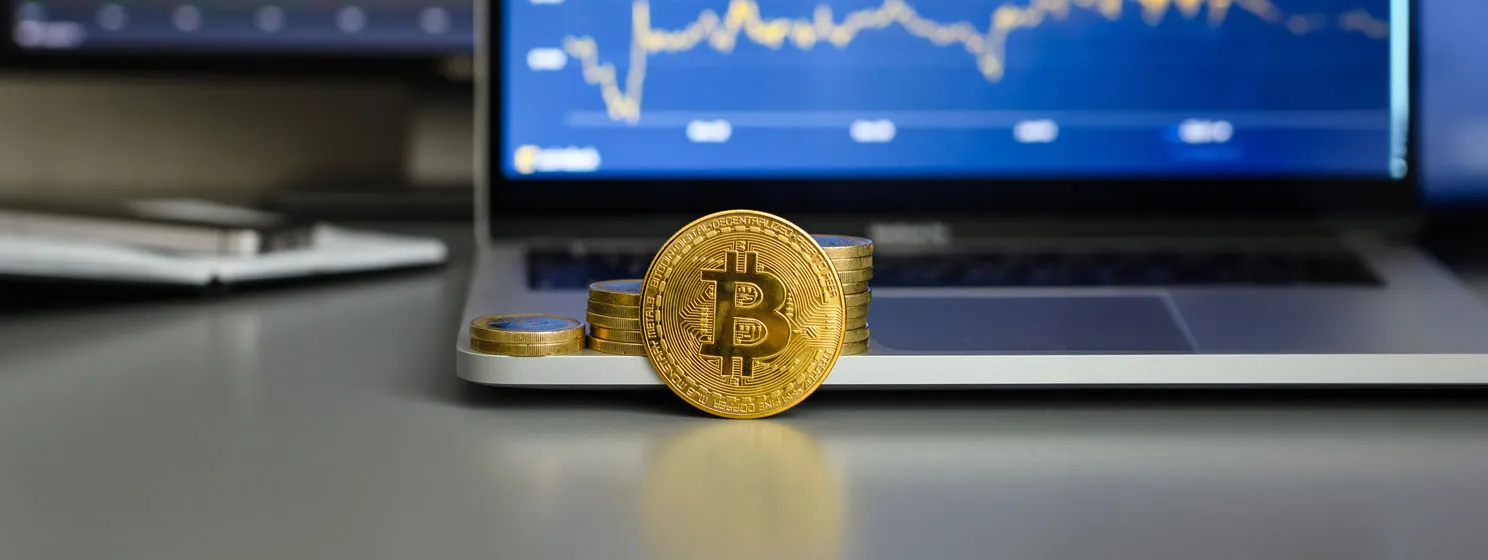|
Getting your Trinity Audio player ready...
|
The Indonesia Futures Exchange Supervisory Board has published new regulations for crypto assets, designed to improve consumer protection and legal certainty for market participants.
As part of the rules, the regulator will be responsible for overseeing a new physical market for virtual currency futures trading, as well as upholding robust standards for tradable crypto assets. Reported in The Jakarta Post, the move is considered to be the first steps towards the regulation of cryptocurrencies in Indonesia.
The current government has previously stopped short of recognizing cryptocurrency as a legitimate financial instrument, with the new rules reflecting an apparent change in policy direction over crypto regulation in the country.
The new regulations will deal with all aspects of trading digital assets, including creating an account, buying and selling, and withdrawals on fiat and non-fiat terms.
Futures contracts allow traders to speculate on the difference between digital asset prices today and at some future point, obliging the parties to settle for the balance on that date. Crucially, futures are often also traded on margin, and are often preferred by institutional traders who may not yet want to buy cryptocurrency directly.
The new futures exchange will provide physical settlement futures only, where contracts are concluded with the physical transfer of the cryptocurrency or other digital assets on which the contract is based.
While this is not universally the case with crypto futures exchanges, the model is being implemented by other firms, including the New York Stock Exchange.
However, the Supervisory Board has set a high bar for crypto asset traders, not least a minimum requirement of $7.13 million in capital, with a further approximately $5 million on deposit.
These thresholds have been criticised as being too high for crypto traders to engage in physical futures contracts, with The Jakarta Post quoting some officials pushing for a revision downwards.
According to Ministry of Trade sources, the regulations have been designed to protect consumers and traders in the first instance, while safeguarding against the risks of hacks and threats.
While the requirements seem tough, regulation for futures has been welcomed by those in the local cryptocurrency community.

 07-09-2025
07-09-2025 





